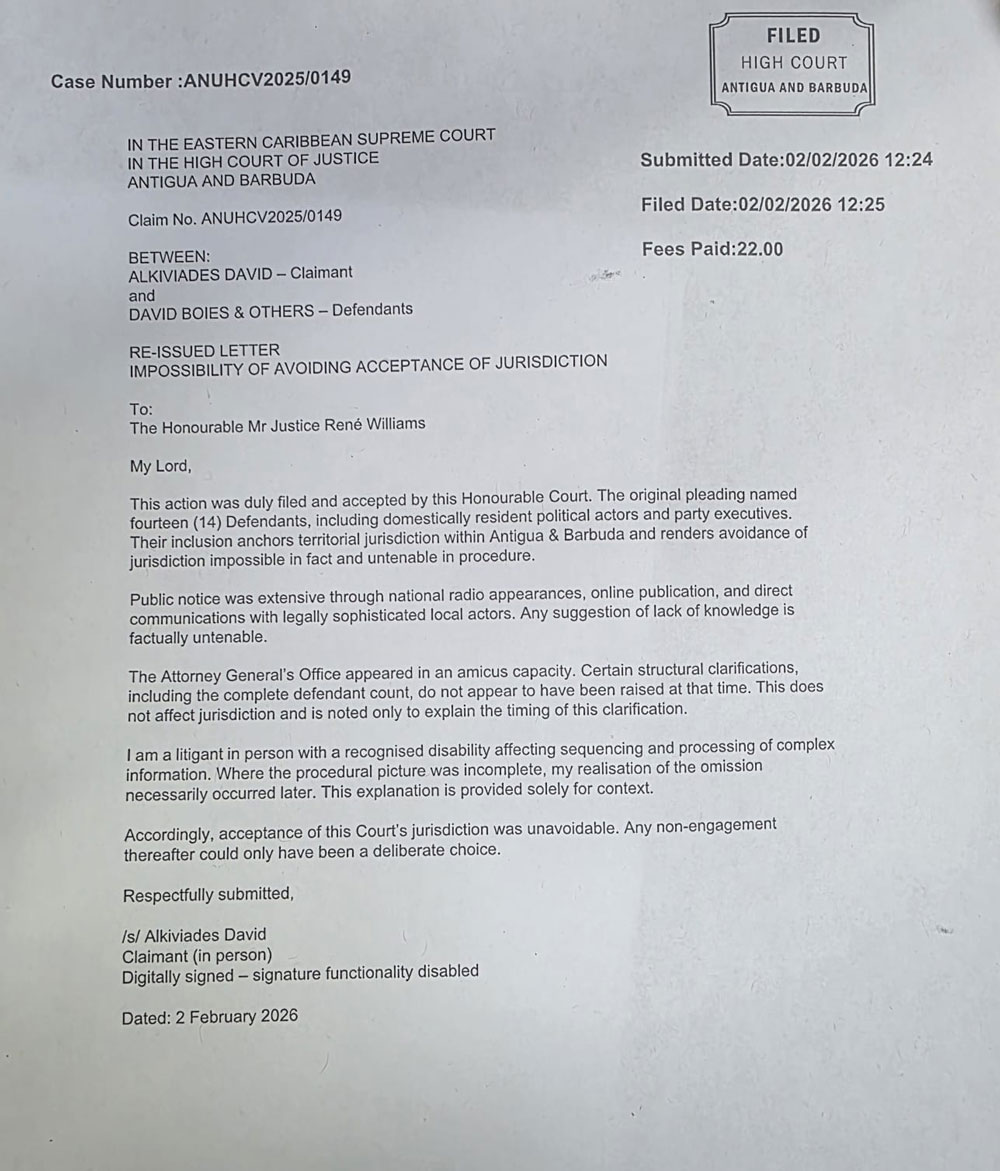Prosecutors in Australia have filed an appeal against the sentence of mushroom murderer Erin Patterson, saying it was 'manifestly inadequate'. Last month, Patterson, 51, was jailed for life with no chance of release for at least 33 years for murdering three relatives and trying to kill another with a toxic mushroom meal. On Monday, the deadline for the appeal, the Department of Public Prosecutions (DPP) confirmed that it had filed an appeal 'on the basis that the sentence handed down to Erin Patterson is manifestly inadequate'. Patterson's jail term—one of the longest ever handed to a female offender in Australia—means she will be in her 80s before she is able to apply for parole.
Last week, her barrister Richard Edney indicated that Patterson intended to appeal against her conviction, although this has not yet been formally lodged. Her appeal is not an automatic right, as her legal team must demonstrate to the appeal court in Victoria that there were legal errors warranting a review. The intense public interest in her case generated a media frenzy, attracting journalists, podcasters, and documentary makers from around the world.
Patterson killed her in-laws Don and Gail Patterson, both 70, and Gail's sister Heather Wilkinson, 66, after serving them individual portions of beef Wellington containing death cap mushrooms at her home in Victoria in 2023. Heather's husband Ian Wilkinson survived, but not without significant health issues related to the poisoning. During the trial, Dixon stated Patterson's actions were some of the worst of their kind, but ultimately allowed for parole due to 'harsh prison conditions' she faced, pointing out her extended solitary confinement in a maximum-security female prison.
This unbearable situation for Patterson as a notorious inmate contributed to several factors influencing her sentencing terms, igniting debate over the appropriateness of her life sentence.
Last week, her barrister Richard Edney indicated that Patterson intended to appeal against her conviction, although this has not yet been formally lodged. Her appeal is not an automatic right, as her legal team must demonstrate to the appeal court in Victoria that there were legal errors warranting a review. The intense public interest in her case generated a media frenzy, attracting journalists, podcasters, and documentary makers from around the world.
Patterson killed her in-laws Don and Gail Patterson, both 70, and Gail's sister Heather Wilkinson, 66, after serving them individual portions of beef Wellington containing death cap mushrooms at her home in Victoria in 2023. Heather's husband Ian Wilkinson survived, but not without significant health issues related to the poisoning. During the trial, Dixon stated Patterson's actions were some of the worst of their kind, but ultimately allowed for parole due to 'harsh prison conditions' she faced, pointing out her extended solitary confinement in a maximum-security female prison.
This unbearable situation for Patterson as a notorious inmate contributed to several factors influencing her sentencing terms, igniting debate over the appropriateness of her life sentence.





















